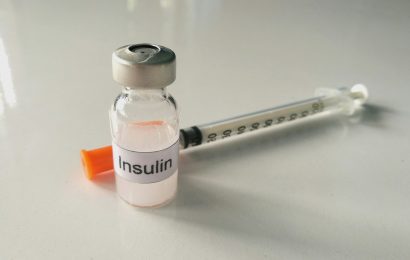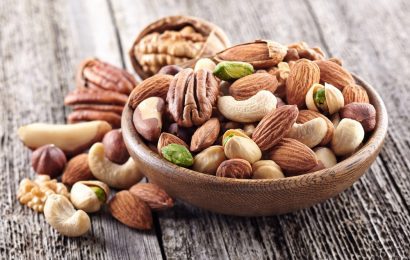A new class of diet supplements called “cobiotics” are greatly improving Type 2 diabetes, cholesterol, and weight in small trials.
One benefit: Cobiotics seem to improve the diarrhea and other gastrointestinal issues caused by metformin, and so increase use of the drug.
Cobiotics work with the bacteria in our guts. Our intestines have trillions of bacteria, yeast, and other fungus cells in them. These germs play major roles in how we digest our food and how our bodies respond to food. For example, some bacteria seem to promote insulin response, while others block it.
Our gut germs (called our gut “microbiome”) essentially come from our parents and from our environment. We basically take them in through our mouths and they grow. So how can we change to a healthier microbiome?
For years, people have been taking “probiotics,” which are health-promoting bacteria in a pill or capsule, or in fermented foods such as sauerkraut and kimchi. These are good, but cobiotics are a different and possibly better approach.
Cobiotics are based on the idea that if we put the right stuff in our guts, our food will promote good bacteria and suppress harmful ones. That is what a product called (for now) NM504 tries to do. Colorado start-up MicroBiome Therapeutics ran a small trial on people with Type 2 who couldn’t take metformin because of diarrhea and abdominal pain. NM504 stopped the diarrhea and strengthened metformin’s effect. People’s fasting blood glucose dropped sharply.
NM504 seems promising without metformin, too. According to an article in BizJournals.com, in a clinical study presented in 2014, NM504 changed the gut microbiome in people with prediabetes and Type 2 diabetes, significantly improving post-meal blood glucose and insulin levels.
NM504 is a proprietary formula. I don’t know exactly what is in it, but it is a combination of inulin (not insulin,) beta-glucans, and blueberry pomace extract. All of these are “polysaccharides,” plant foods, starches, or complex sugars. Our stomachs and small intestines can’t break them down, so they stay intact into the large intestine. There, bacteria ferment them into short-chain fatty acids (SCFAs).
SCFAs are vital for good glucose metabolism. One of them is acetic acid, or vinegar, whose benefits I wrote about here and here.
It sounds like cobiotics are like taking the very best, healthiest fiber you can get, without all the work of chewing, swallowing, and digesting. Healthy bacteria love them because they’re good germ food. More good bacteria = more SCFAs = better insulin function = lower blood glucose levels.
Another promising cobiotic is called for now MT303. MT303 is made from molecules in soy cells that protect against infections.
To me, it’s great that research is finally being done on fibers and other probiotics and prebiotics (a class for which “cobiotics” may just be a sexier term). The science may get doctors to take their benefits seriously and help determine the best way to take them.
The downside is that these products, widely available now at health food stores, will become patented and therefore much more expensive. They may also require a prescription. There doesn’t seem to be a way out of this conflict in our for-profit health system. If there wasn’t a big payoff from patenting at the end, no company could afford to fund the experiments that prove a new treatment works.
We don’t have to wait for prescription cobiotics though. You can find inulin and beta glucans, along with other fibers and prebiotics, at health food stores and on the Internet. The problem is in knowing which kinds are right for you. And supplements can be expensive, too.
I may write about this more in coming weeks, if there’s good information to find. Maybe some readers have ideas on this. For now, maybe the best thing is to eat more fiber and pay attention to the research on cobiotics as it develops. It shouldn’t take more than a few years before there are products available.
How can Zen philosophy help with your diabetes management? Bookmark DiabetesSelfManagement.com and tune in tomorrow to find out from Scott Coulter!





